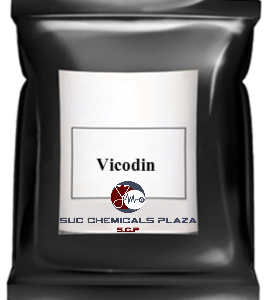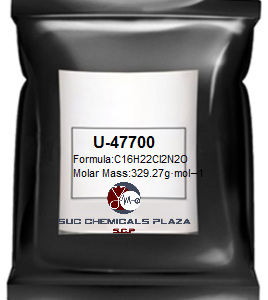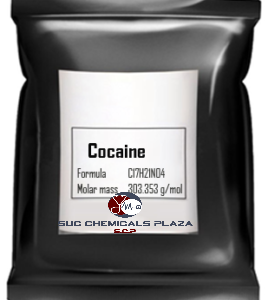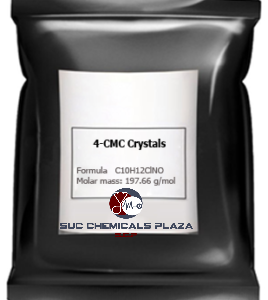Description
BUY VICODIN POWDER ONLINE
Vicodin Powder contains a combination of acetaminophen and hydrocodone. Hydrocodone is an opioid pain medication. An opioid is sometimes called a narcotic. Acetaminophen is a less potent pain reliever that increases the effects of hydrocodone.
Vicodin tablets are used for the relief of moderate to moderately severe pain.
Vicodin may also be used for purposes not listed in this medication guide.
Important information
Hydrocodone can slow or stop your breathing. Never use this medicine in larger amounts, or for longer than prescribed. Narcotic pain medicine may be habit-forming, even at regular doses. Never share Vicodin with another person, especially someone with a history of drug abuse or addiction. Keep the medication in a place where others cannot get to it.
Do not use Vicodin if you have used a MAO inhibitor in the past 14 days, such as isocarboxazid, linezolid, methylene blue injection, phenelzine, rasagiline, selegiline, or tranylcypromine.
Do not take more of Vicodin than is recommended. An overdose of acetaminophen can damage your liver or cause death. Call your doctor at once if you have nausea, pain in your upper stomach, itching, loss of appetite, dark urine, clay-colored stools, or jaundice (yellowing of your skin or eyes).
Stop taking Vicodin and call your doctor right away if you have skin redness or a rash that spreads and causes blistering and peeling.
Before taking this medicine
You should not use Vicodin if you are allergic to acetaminophen (Tylenol) or hydrocodone, or if you have recently used alcohol, sedatives, tranquilizers, or other narcotic medications.
Do not use this medicine if you have taken a MAO inhibitor in the past 14 days. A dangerous drug interaction could occur. MAO inhibitors include isocarboxazid, linezolid, phenelzine, rasagiline, selegiline, and tranylcypromine.
Some medicines can interact with hydrocodone and cause a serious condition called serotonin syndrome. Be sure your doctor knows if you also take medicine for depression, mental illness, Parkinson’s disease, migraine headaches, serious infections, or prevention of nausea and vomiting. Ask your doctor before making any changes in how or when you take your medications.




